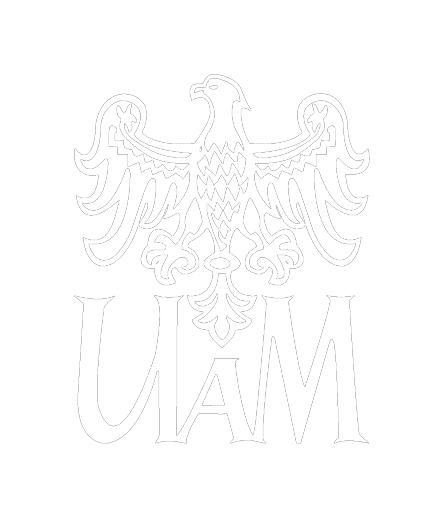A bidirectional selection experiment to test the evolution of specialization and dispersal in the invasive wheat curl mite, Aceria tosichella
Funding: National Science Centre grant no. 2016/21/B/NZ8/00786
PI: Anna Skoracka
Co-investigators: Sara Magalhães, Lechosław Kuczyński, Mariusz Lewandowski, Jacek Radwan, Alicja Laska, Agnieszka Kiedrowicz, Kamila Karpicka-Ignatowska, Anna Radwańska, Jarek Raubic, Ewa Puchalska, Katarzyna Markowska
Description: The aim of this proposal is to empirically test the hypothesis that there is an evolutionary interplay between host specialization and dispersal, using invasive eriophyoid wheat curl mite (WCM), Aceria tosichella, as a study system.
Specifically we investigate:
- If WCM strains with different host ranges also differ in dispersal ability?
- How evolution in constant (one host species) or changing (several hosts species) environments shapes the host range of WCM and its dispersal ability?
- How selection for high and low dispersal affects the host range of WCM?
- How high or low dispersing phenotypes perform in constant or changing environments?
The study is conducted on the most polyphagous and invasive lineage of the WCM species complex, MT-1, identified on the basis of mtDNA COI sequence during the course of our previous studies. The WCM MT-1 lineage is first subjected to experimental evolution. For this purpose mites are reared for many generation on single or on randomly rotated several hosts. As an effect, two genetically distinct lines will be obtained: specialists and generalists. Then, these two selected lines will be subjected to artificial selection in wind tunnels towards and against dispersal. Finally, all selected lines will be tested for the fitness consequences in combinations of the specialization/dispersal strategies in single vs. multi-host environments.
The project will produce the first experimental evidence based on joined experimental evolution and artificial selection to test whether selection for specialization affects dispersal ability. This will also be the first empirical attempt to resolve evolutionary questions regarding the dispersal of WCM and eriophyoid mites in general. The question whether WCM high dispersal ability influences local adaptation to different hosts and thus the likelihood of host shift and range expansion will be answered. In addition, the results will provide a great opportunity to influence the development of applied fields of research, by contributing to the knowledge on the dispersal of the most invasive WCM lineage. This will be of significance to managers who wish to develop control strategies for WCM in agricultural landscape.
Results:
Laska A., Rector B. G., Skoracka A., Kuczyński L. 2019. Can your behaviour blow you away? Contextual and phenotypic precursors to passive aerial dispersal in phytophagous mites. Animal Behaviour, 155: 141-151, https://doi.org/10.1016/j.anbehav.2019.07.003
Karpicka-Ignatowska K., Laska A., Kuczyński L., Rector B.G., Lewandowski M., Puchalska E., Skoracka A. 2019. A novel experimental approach for studying life-history traits of phytophagous arthropods utilizing an artificial culture medium. Scientific Reports, 9, 20327, https://doi.org/10.1038/s41598-019-56801-4
Singh K., Wegulo S. N., Skoracka A., Kundu J. K. 2018. Wheat streak mosaic virus: a century old virus with rising importance worldwide. Molecular Plant Pathology 19(9): 2193-2206, https://doi.org/10.1111/mpp.12683
Skoracka A., Rector B. G., Hein G., L. 2018. The interface between wheat and the wheat curl mite, Aceria tosichella, the primary vector of globally important viral diseases. Frontiers in Plant Science 9 (1098), 1-8, https://doi.org/10.3389/fpls.2018.01098
Kuczyński, L., Radwańska, A., Karpicka-Ignatowska, K., Laska, A., Lewandowski, M., Rector, B.G., Majer, A., Raubic, J., Skoracka, A. 2020. A comprehensive and cost-effective approach for investigating passive dispersal in minute invertebrates with case studies of phytophagous eriophyid mites. Experimental and Applied Acarology. https://doi.org/10.1007/s10493-020-00532-z
Karpicka-Ignatowska K., Laska A., Rector B.G., Skoracka A., Kuczyński L. 2021. Temperature-dependent development and survival of an invasive genotype of wheat curl mite, Aceria tosichella. Experimental and Applied Acarology, https://doi.org/10.1007/s10493-021-00602-w

